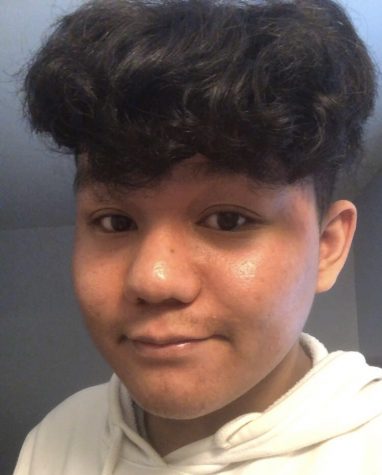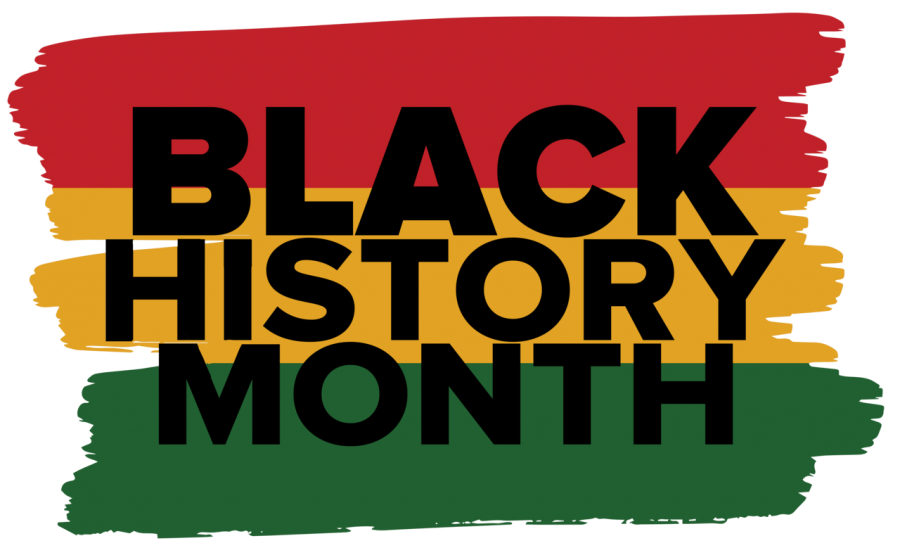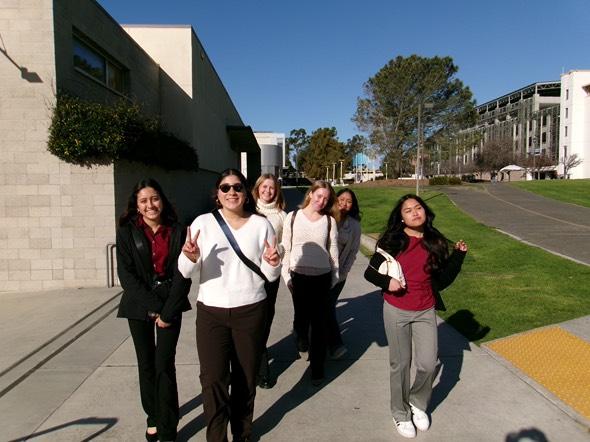Black History Month- Being an Advocate
As winter comes to a close in February, our nation enters Black History Month. It’s an opportune time to reflect on the contributions of people of color to our community, our favorite stories/media, and our country as a whole. We owe so many aspects of our collective pop culture to them (rock, rap, hair with bangs, etc.).
Yet in spite of this cultural contribution, there’s a very apparent lack of visibility of the Black experience, from a Black lens, in entertainment and media. A study conducted by UCLA regarding diversity in shows and films from 2016-2017 finds: “For 41% [the majority in this study] of broadcast scripted shows from the 2016-2017 season, people of color directed less than 11% of the episodes”. Put simply, people of color aren’t getting much representation behind the scenes. While this may seem insignificant, less diversity in directors means less capability for different stories to be told from that perspective. To truly understand or convey the experience of a certain group, one has to belong to that group. So, a lack of Black writers or directors means the Black experience and emotional range aren’t often seen in a way that induces empathy or relatability.
The whole reason representation matters is its importance to identity. According to a quote from Psychology Today, “[Visibility] can foster a great sense of affirmation of…identity. Feeling affirmed with one’s own sense of self can boost positive feelings of self-worth, which is quite different than feeling as if you are wrong… for being who you are.” (Psychology Today, Why Visibility Matters, Jennifer O’Brien Ph. D.) People derive self-love from seeing themselves in likable characters or people. Meaning, representation saves people. But, if they aren’t given realistic or relatable goals to measure themselves to, people end up feeling taboo or like a failure. In the case of Black people, not seeing their experience in a beautiful and genuine light might manifest in feeling like their story or lifestyle isn’t “okay”.
Essentially, visibility and normalization are important for Black people (and people in general) to feel at peace with themselves. It’s an effective way of making people feel like they belong, regardless of if they’re a minority.
In addition, representation reduces racism. Media is influential and children learn from the entertainment they’re exposed to. By showing Black people in a beautiful light and a realistic lens, kids would become familiar with them. This intimacy with Black people (what they experience, who they are, who they can be) results in less fear or stigma around them as these children get older. As Psychology today once again puts it: “When people are able to see something represented, they are better able to understand and grasp who those people are…” (Psychology Today, Why Visibility Matters, Jennifer O’Brien Ph. D.)
Through representation, we come across many different kinds of narratives. Through these various stories from different lenses, we learn to empathize with people or fall in love with ourselves. Through empathy and self-love, stigma and prejudice are greatly reduced and tragedies are avoided. To create a more equitable world that’s free of racism and the detriment that comes with it, visibility in media is essential.
So, what can you do as an individual to better foster equality?
If you’re an artist, depict/include black characters in your stories, your pictures, or your songs. You don’t necessarily have to touch on the Black experience. If you don’t belong to the culture and you don’t have that experience, it’s not something you may be well versed in. But, having a variety of Black characters widens the public perception of what those people can be. You’ll be reducing stereotyping and making the world better.
If your creative media isn’t tailored to this kind of representation, you can always consume or buy media made by Black people. By supporting the artist who has that experience (and is positive and proud of that experience), you enable them to create further projects that tell their story. In addition, you’ll be lifting up a Black artist and giving people a realistic dream of who they can be.
So go out there! Be an ally and do what you can to help the people in your life and community. It’s your small acts of kindness that can save a life.

Gabriel is a Senior at Lompoc High School. He's passionate about art- believing that harmony between one's environment and one's aesthetic is important...





